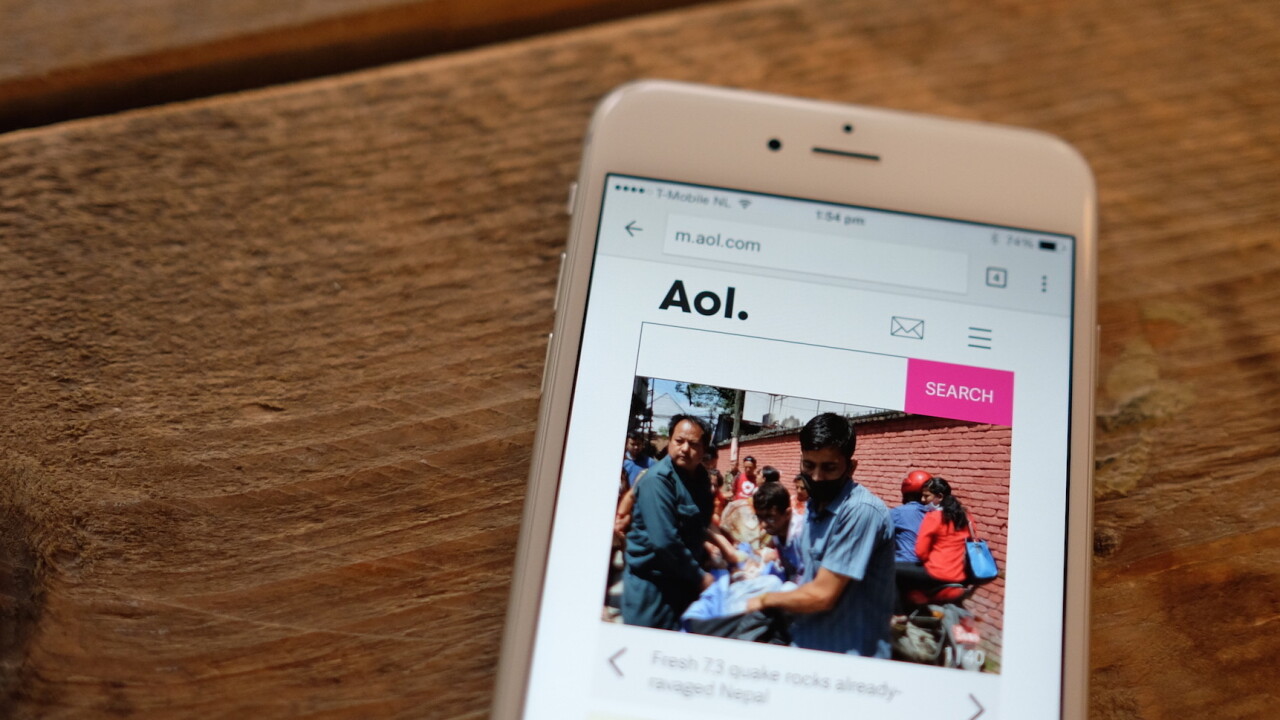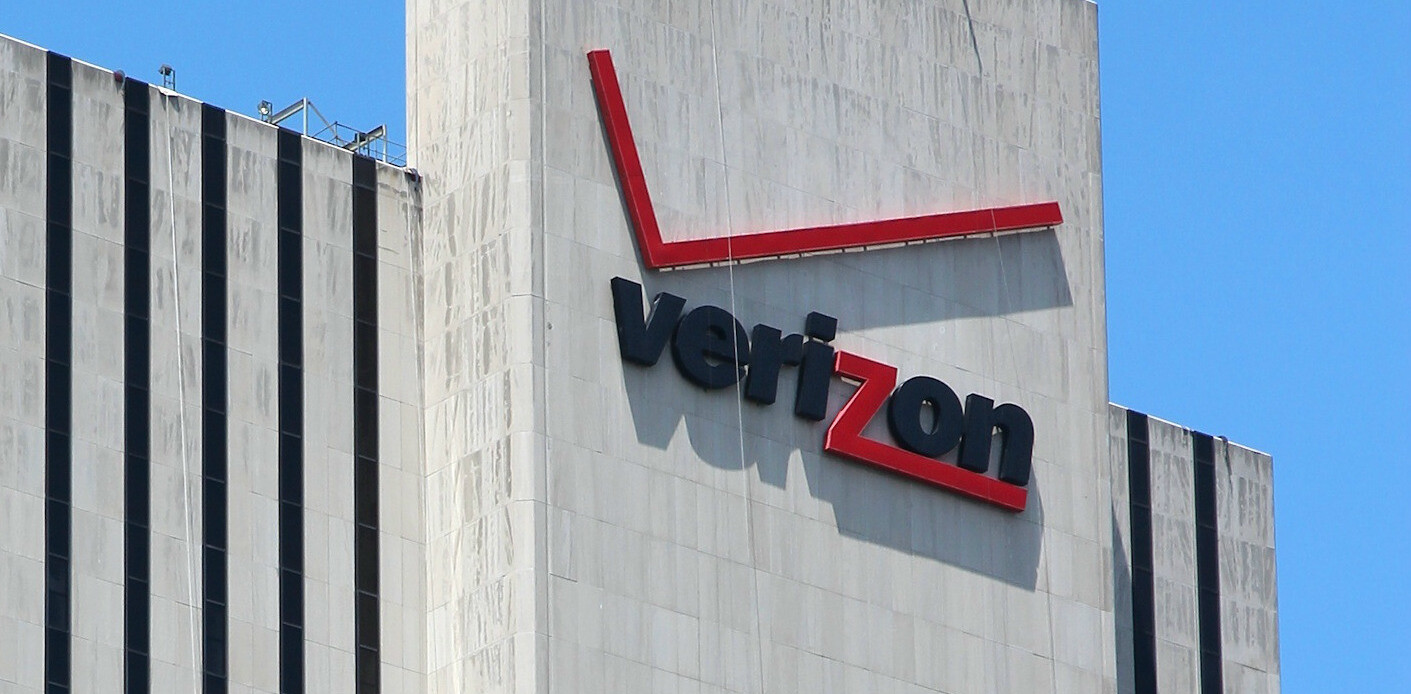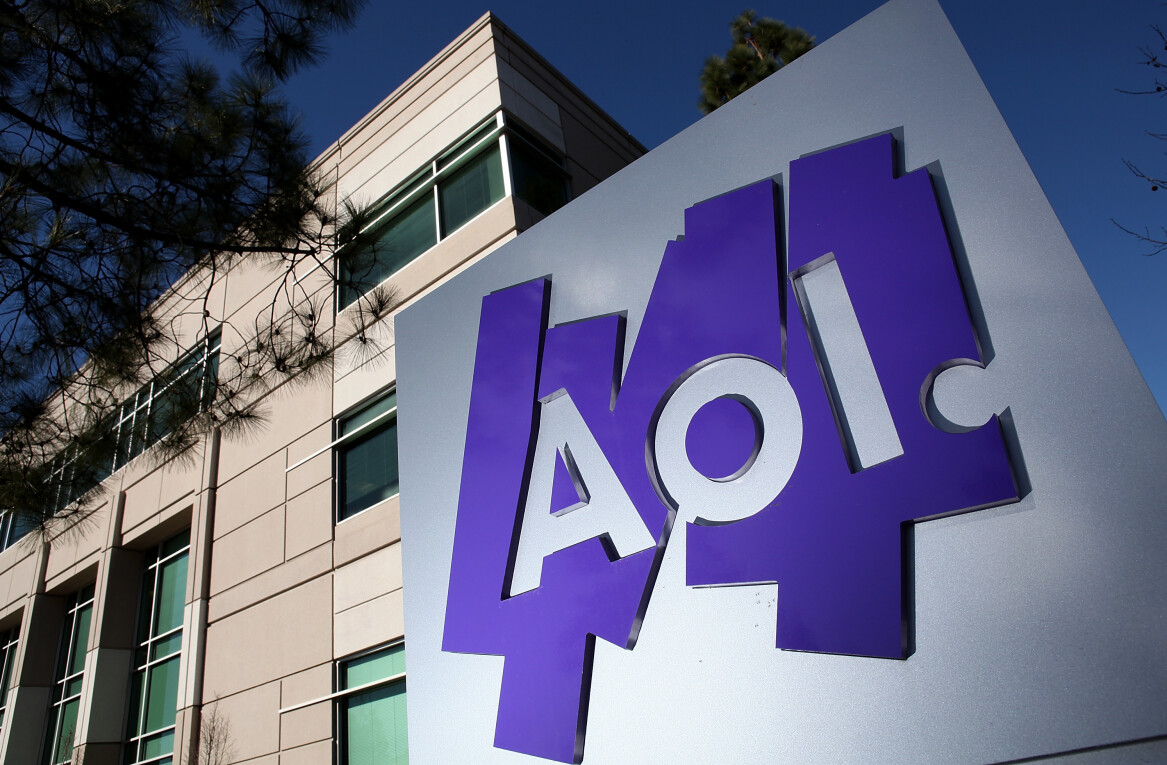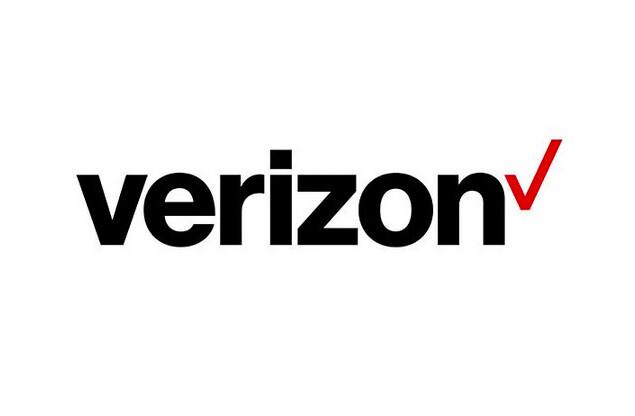
The news just dropped that AOL is being purchased by Verizon for $4.4 billion in cash, which means the company will own Engadget, Techcrunch and Huffington Post, along with a variety of other publications.
The deal is a little concerning. Verizon was recently busy trying to quietly start a tech blog called Sugarstring that was banned from discussing net neutrality, US surveillance and other sensitive topics (at least until it was caught in the act and shut it down).
Verizon’s press release says the purchase focuses on further driving “LTE wireless video and OTT video strategy” to “provide a platform from wireless to IoT.”
With today’s purchase, the company will own some of the most valuable media properties on the Web. A memo from Tim Armstrong, AOL’s CEO, said that the company will continue with it’s current strategy, but as a division of Verizon.
It’s hard to say what control Verizon plans to exert over the media properties — it’s likely nobody at any of the publications actually knows yet — but the fact that a company that has actively attempted to suppress conversations about net neutrality and government spying in the past now owns many powerful media properties, is worrying.
Sugarstring was a dangerous experiment, because Verizon was attempting to fool readers into buying into its own narrative. After Sugarstring shut down, Verizon said that it was a “good, sound concept but the execution was not what it should have been.” Purchasing AOL seems like the natural evolution of that.
We’ve asked both Verizon and AOL for comment on any potential conflict of interest issues around the deal.
Knowing senior staff at both TechCrunch and Engadget, I’m confident that they have the integrity to put their readers – and their own reputations – ahead of attempts at corporate interference. However, the very existence of this deal will be enough to seed suspicion in the minds of some readers, and that’s an awkward situation for a major publication to be in.
Update: AOL sent TNW this statement:
Tim Armstrong will continue to lead AOL after this transaction closes, and it’s expected he will continue to manage the media properties the way he does today.
Get the TNW newsletter
Get the most important tech news in your inbox each week.





